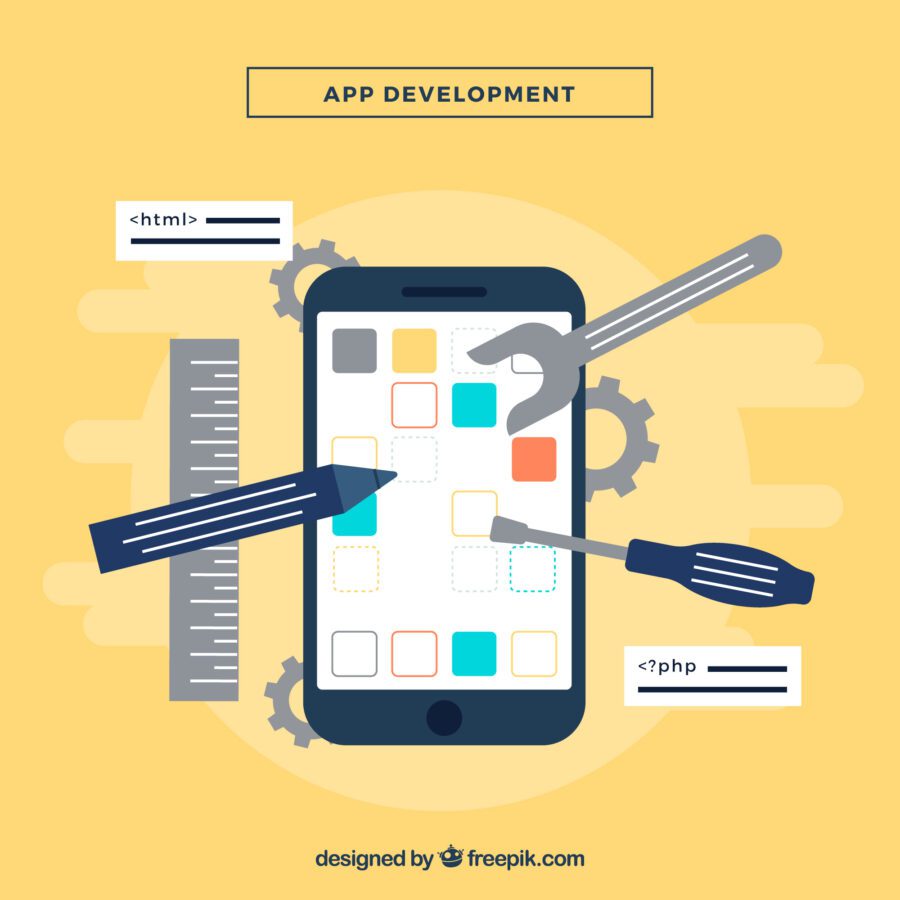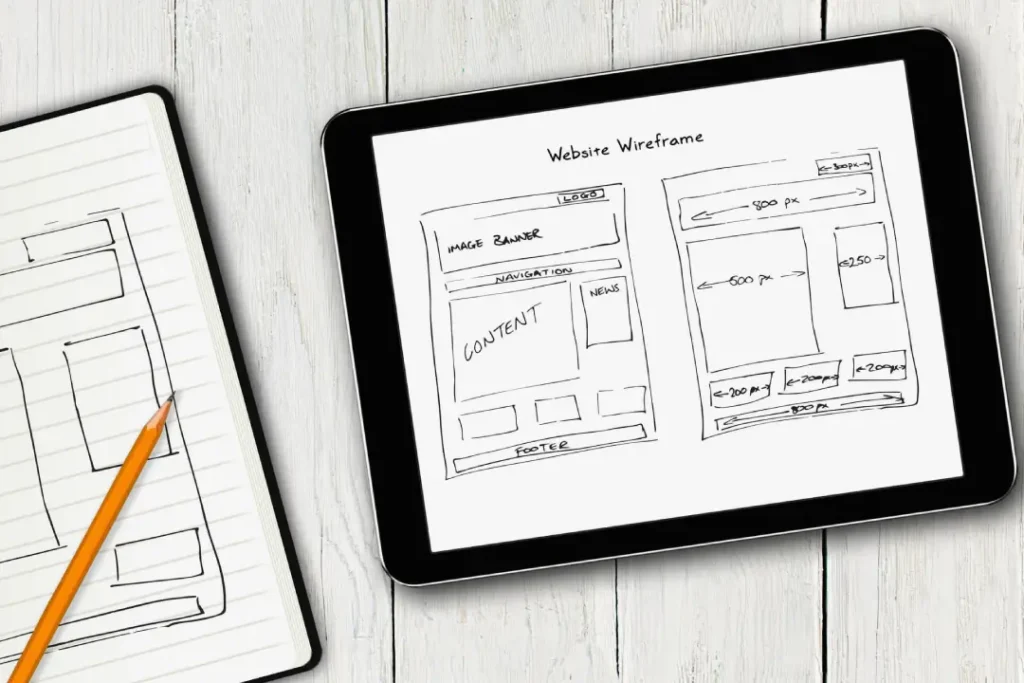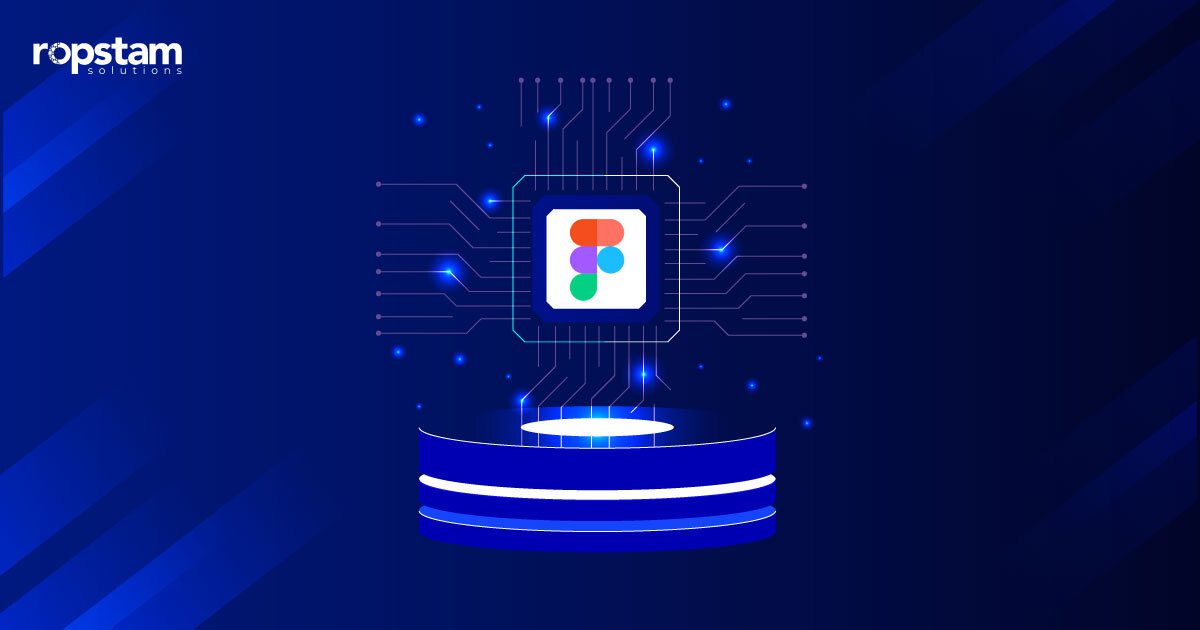More businesses are investing in mobile apps, preferably on iOS platforms. Adobe’s 2016 study on mobile enterprise apps confirms the increasing need for companies to invest in mobile apps. With Apple representing a significant share of the worldwide smartphone market, iOS continues to be the most common platform for enterprise software production.
But the thing is, stronger competitors are competing directly with iOS in the current market. Because of its swift integration with Google’s comprehensive services, versatility, and support, Google-owned Android has done exceptionally well in the mobile market.
Security: The Priority in Enterprise Applications
Globally, because of the strict data and communications requirements, security has always held a key role in companies. Any security vulnerabilities may compromise the entire collection of sensitive data managed by a business. In an enterprise, the effect of such security breaches is devastating. It can lead to enormous financial losses, losing or corrupting confidential data, and even harming the company’s credibility.
The details managed by a business include its records and those of its customers. For example, a bank that uses mobile apps must have outstanding security features, such as bank account information, as they are used to process, store and transmit confidential data from thousands of its customers.
Security of enterprise applications is critical because:
- Safeguards personal data and guarantees the privacy of information.
- Upholds the credibility of the organization by protecting it from cyber-attacks.

Addressing Security Vulnerabilities in iOS and Android
According to Norton, both iOS and Android face various security threats and vulnerabilities, the global cybersecurity provider. Despite their recent updates and enhancements, the two mobile platforms still suffer from some form of weakness.
It becomes clear when evaluating the previous reports that iOS has fewer vulnerabilities compared with Android. The number of vulnerabilities discovered in iOS decreased significantly in 2018, with only 86 compared to 387 vulnerabilities in 2017.

Android and iOS from the Standpoint of Security
Applications created for the company differ from those designed for customers. Whether iOS or Android, an enterprise application is built to assist in various business processes. As an additional feature, enterprise apps are integrated with certain security features that safeguard and prevent data misuse.
When developing applications for companies, software developers have incorporated some primary security concerns. Some of the strategies used to enhance application security are strong encryption, certificate underpinning, and moving to a cloud model.
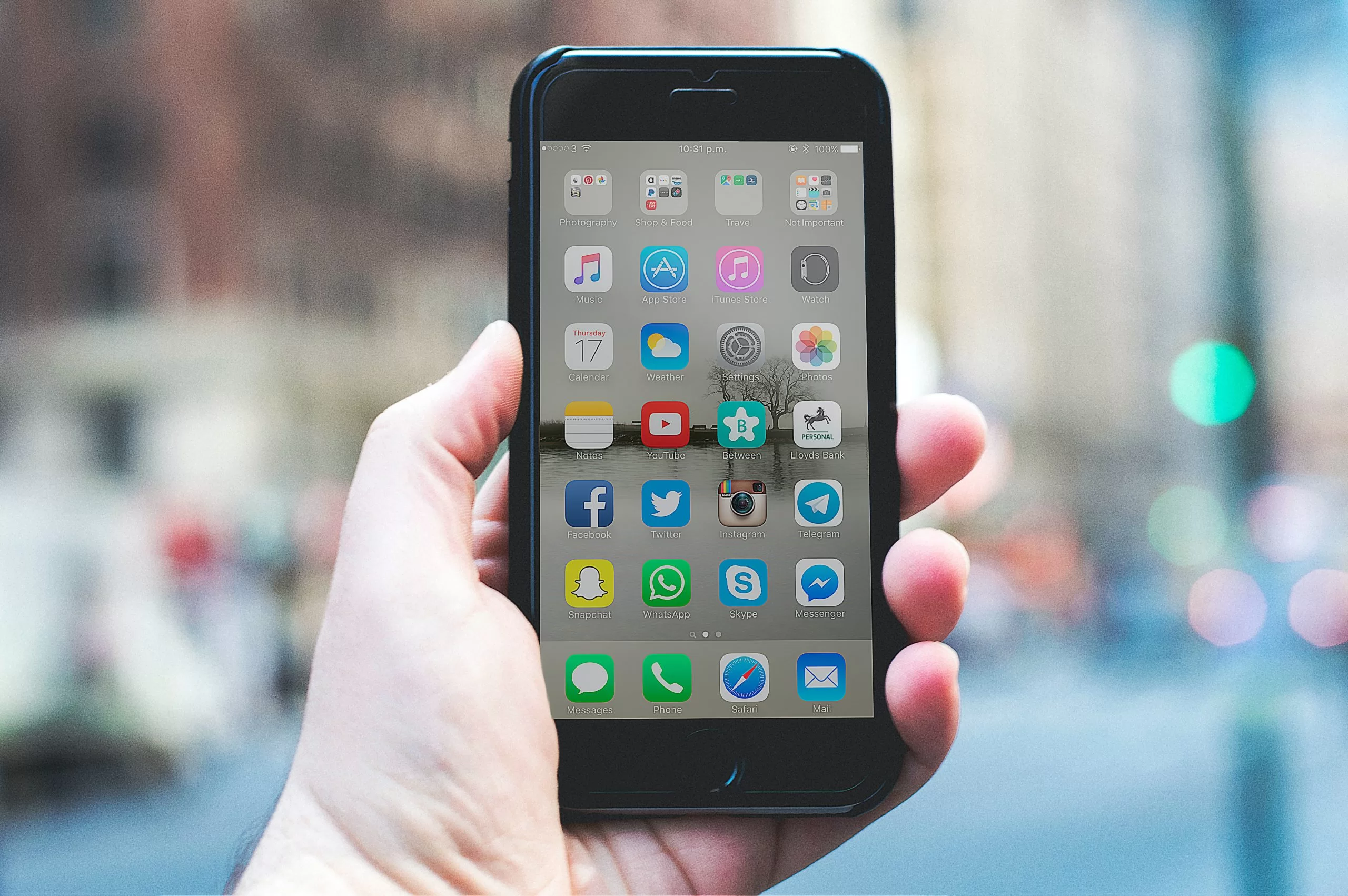
Device Fragmentation
One key aspect that defines the degree of protection provided in applying a platform is system fragmentation. Increased fragmentation would raise the risk of a data breach.
The fragmentation is more significant in Android, as it includes multiple OS versions that make it more vulnerable to data breaches. IOS is less fragmented because it has limited versions of OS and devices that render it.
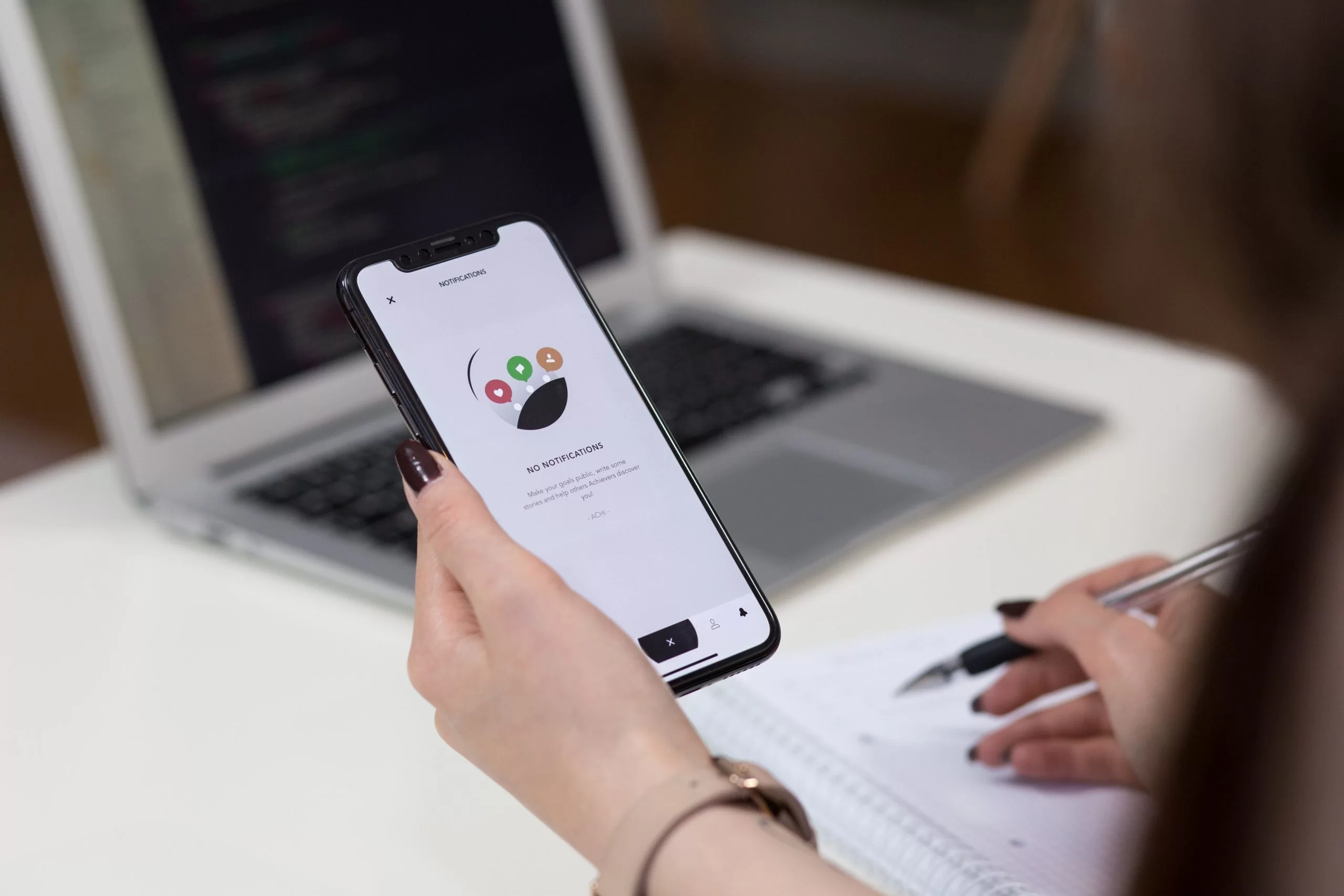
Software Security
Protection is an essential priority for both iOS and Android. As part of this, to strengthen the system’s security from new types of attacks, both platforms roll out regular updates. Periodically, iOS releases updates that are mandatory for installation on the system.
Android is also introducing new updates to enhance its OS features and stability. But, since users can decide whether to upgrade their devices, this is not compulsory. Leaving out the updates will make different threats vulnerable to the system and applications.
iOS Sets the Standard in Enterprise App Design
The chances of using corporate smartphone applications are slanting towards the iOS platform. Apple’s iOS platform has seen tremendous growth in the business market, according to the Annual Apple Trends Survey conducted by Jamf. The report details that 91% of businesses rely on Apple’s devices to carry out their operations.
iOS is developed with a focus on security. By providing maximum protection for data and communications, the security features of iOS will fulfill business needs. It is also simpler to deploy centralized management of the workers’ devices within an enterprise with iOS.




